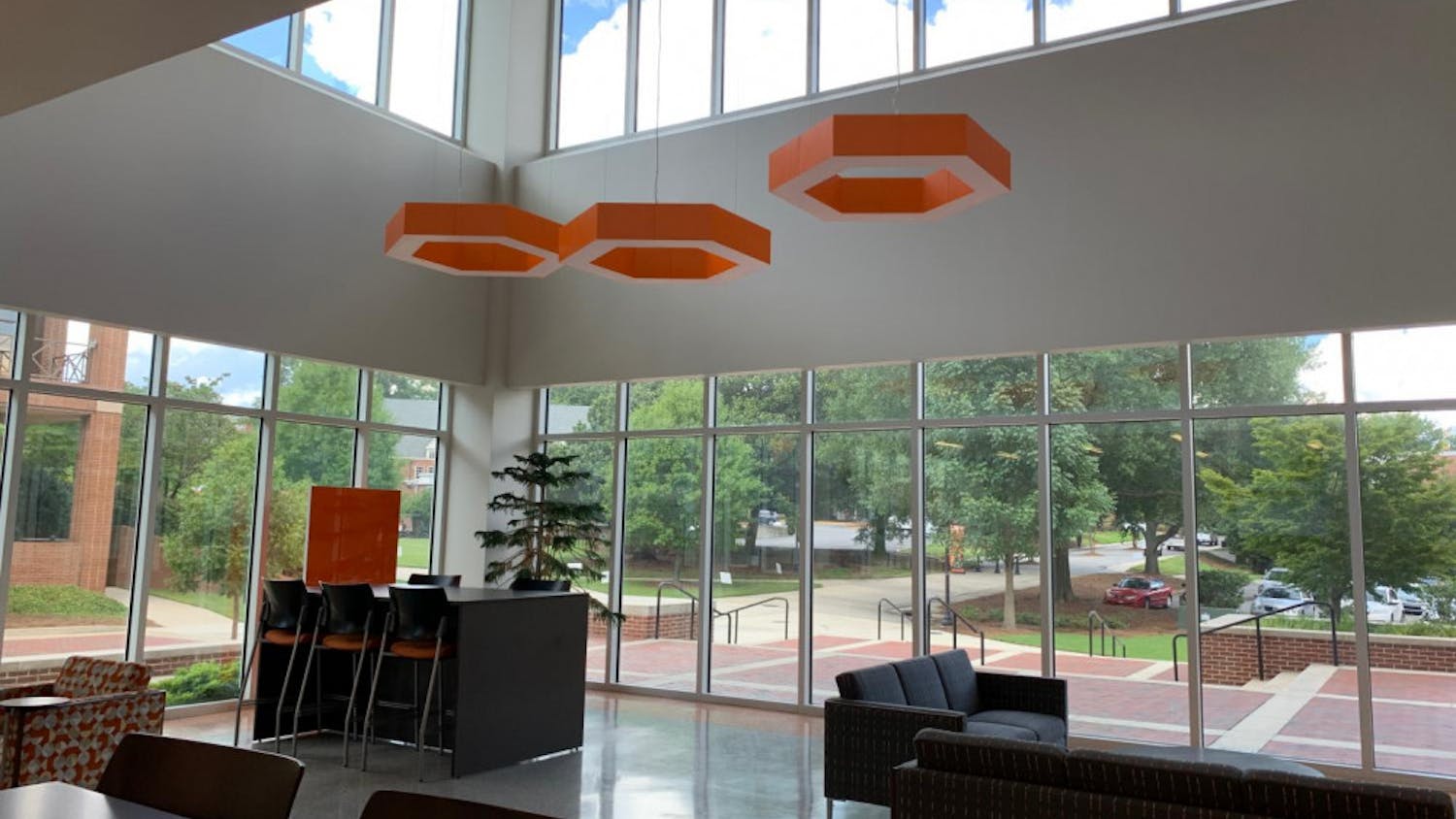Nearly 50 years ago, Sam Oni forever changed Mercer University when he arrived on campus in September of 1963. Unlike other African American students breaking the color barrier at higher learning institutions across the South, Oni was not escorted on to campus by 500 US Marshals nor was he met by an angry crowd armed with Confederate Flags, shotguns, rocks and whatever else they could get their hands on. Oni simply walked through campus towards his dorm room. At the time, Mercer stood as a progressive oasis amongst a desert of racial injustice.
Throughout this year, Mercer has commemorated the anniversary of its integration in an attempt to evaluate the progress we have made over the past fifty years in improving race relations not only here at Mercer, but throughout the United States. The progress we’ve made is obvious. At first glance, Mercer’s student population is very diverse with students from several different socioeconomic backgrounds, races and religions calling this university their home. Two of my best friends here come from very different walks of life. One is an international student from a wealthy Hindu family in India and the other is an African American from Los Angeles who grew up in a Muslim household. I’ve never once felt like this University is made up mindless drones which are programmed to think and believe the same things.
That being said, we are only fooling ourselves if we truly believe that we have achieved Dr. King’s dream at this institution or in this nation. Over the past week, I’ve been exposed to events, both locally and nationally, which have forced me to reflect on how much progress we’ve truly made. Two Sundays ago, three University of Mississippi students draped a noose and the old, Confederate-inspired state flag of Georgia on the statue of the University’s first African American student, James Meredith. This is one of the most appalling and distasteful acts of overt bigotry in recent memory. This is 2014. It is not 1883 or 1903. Fear forced blacks into the periphery of southern society. If you did not follow orders, you would not survive. Pregnant black women were forcibly hung upside down, burned and had their abdomen cut open to induce labor only to have the child’s head stomped in. Men were forced to work crops at gunpoint. To read accounts of these appalling acts perpetrated against blacks in the post-bellum era highlights the sheer terror that came with simply being of a different skin tone. They were not citizens and justice was non-existent. In spite of all this, those students thought placing a noose around the neck of James Meredith’s statue was funny. Students here at Mercer also act in racially motivated behavior. Pockets of segregation exist throughout campus. I walk into the Caf and feel as if it’s divided. Students make bigoted posts and comments on social media sites and in daily conversation which feed off of racial stereotypes and ignorance. At times, I believe all of us here don’t feel apart of the Mercer community. Truth be told, it disappoints me and we should be ashamed.
Hearing Sam Oni speak Wednesday morning helped me realize two things. One: celebrating diversity doesn’t necessarily promote racial harmony. We have several student organizations aimed at celebrating the culture of a particular ethnic group, but where are the groups that bring representatives from each to discuss issues that affect all ethnic groups? To have civilized discussion with students from different cultural backgrounds could provide students with an entirely new outlook. While today there have been many strides in granting equal rights to African-Americans, the formation of a more hospitable racial environment is still far from over because we continue to suppress the violence and hatred that characterized Southern race relations of past generations. We pretend as if our past does not influence our future. Simply put, ignorance breeds hatred. In order to work towards a more racially harmonious society, we must acknowledge what lurks in the shadows. Two: this change will not come from the top down but from the bottom up. Oni’s speech stressed the importance of going out into the community and “tearing down the walls.” We must tear down the walls in order to reach each other instead of pretending they don’t exist. I implore you not as African-Americans or Whites, Asians, Latinos or Middle Easterners but as Mercercians and kind, decent people to continue the progress of this institution. I hope this message will not fall upon deaf ears. Those who represent our university tell us that we major in changing the world. I believe that we have the opportunity to prove it.




